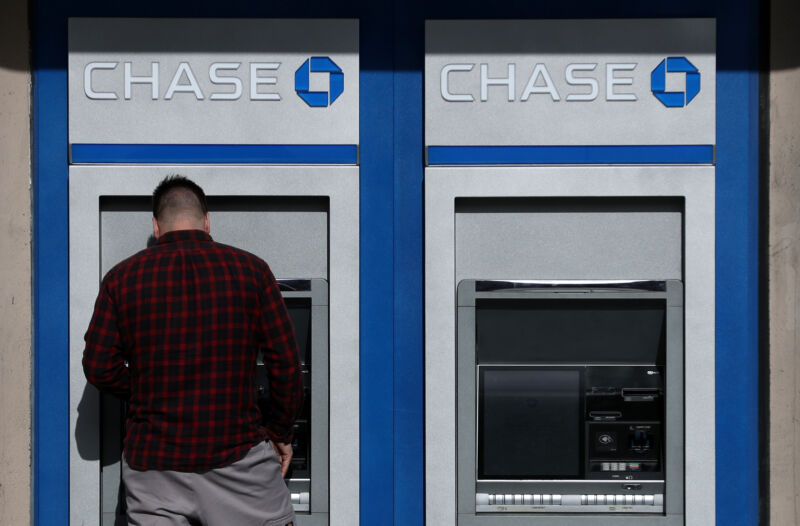
Why online voting is harder than online banking
A common argument for online voting doesn’t actually make sense. …

reader comments
153 with 56 posters participating, including story author
For a feature last week, I talked to a number of election experts and computer security researchers who argued that secure Internet voting isn’t feasible today and probably won’t be for many years to come. A common response to this argument—one that came up in comments to last week’s article—is to compare voting to banking. After all, we regularly use the Internet to move money around the world. Why can’t we use the same techniques to secure online votes?
But voting has some unique requirements that make secure online voting a particularly challenging problem.
Votes are anonymous, banking isn’t
Every electronic transaction in the conventional banking system is tied to a specific sender and recipient who can confirm that a transaction is valid or raise the alarm if it isn’t. Banks count on customers to periodically review their transactions—either online or in paper statements—and notify the bank if fraudulent transactions occur.
By contrast, experts told me, elections are supposed to be secret. In-person elections don’t just allow voters to cast a secret ballot, they typically require them to do so. Mandatory secrecy insulates voters from coercion by bosses, abusive spouses, elder care workers, or others in positions of power or influence.
Once the voter drops a paper ballot into a ballot box, it gets mixed together with the other ballots. Not only is it hard for anyone to link a ballot back to the voter who cast it, it’s also hard for the voter to prove to anyone how he or she voted.
Building
Continue reading – Article source




